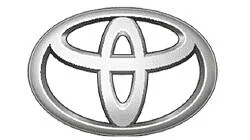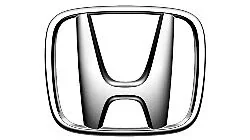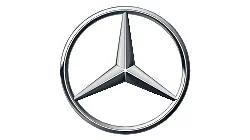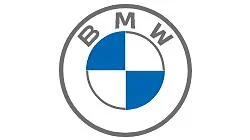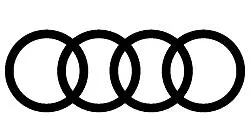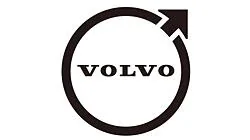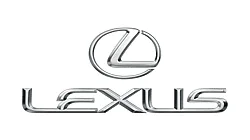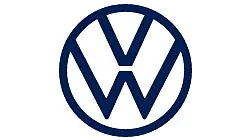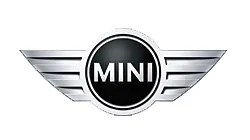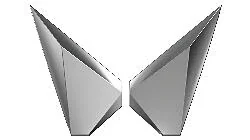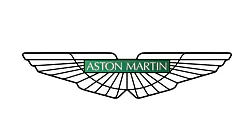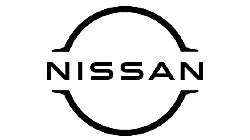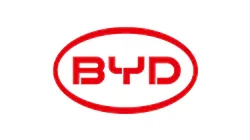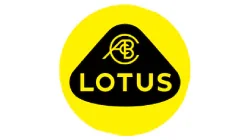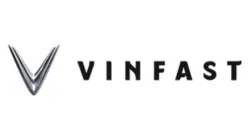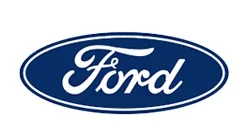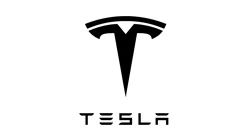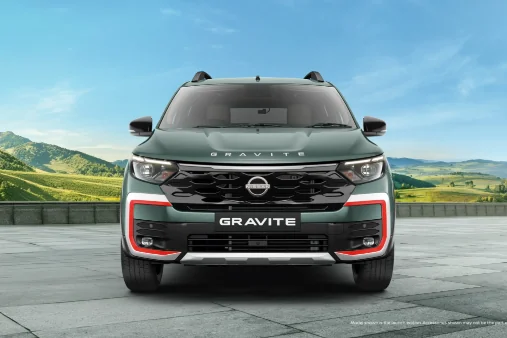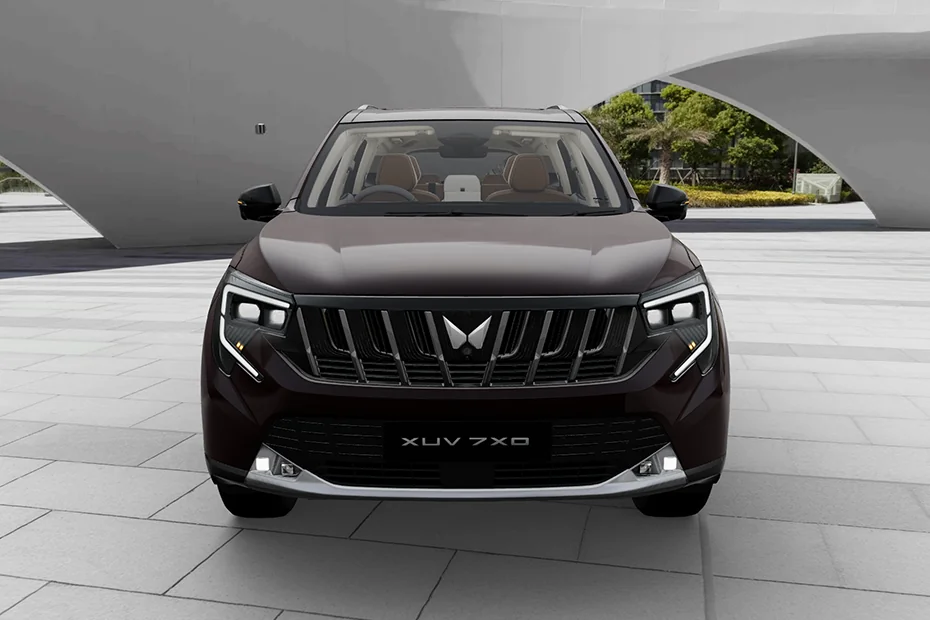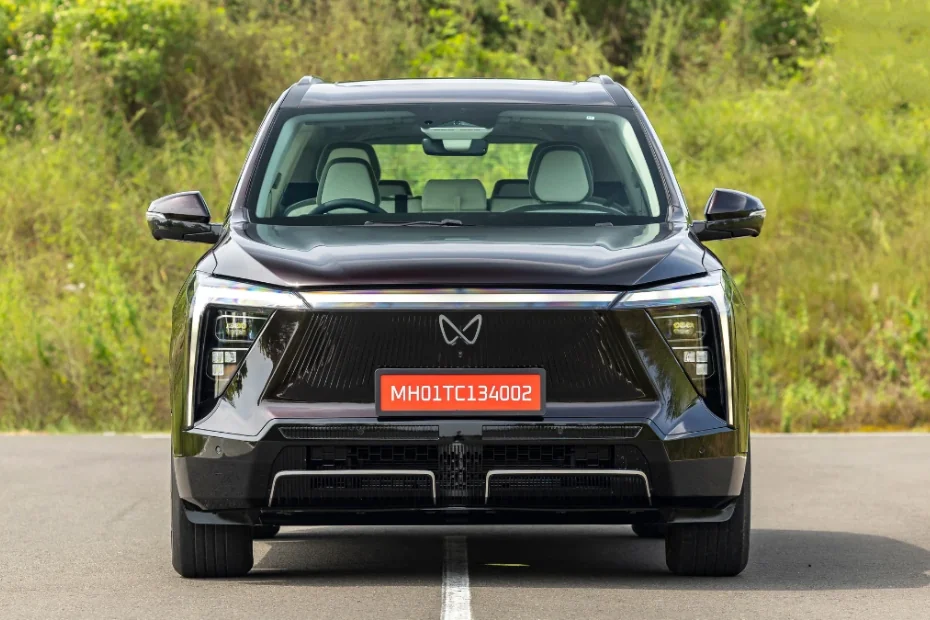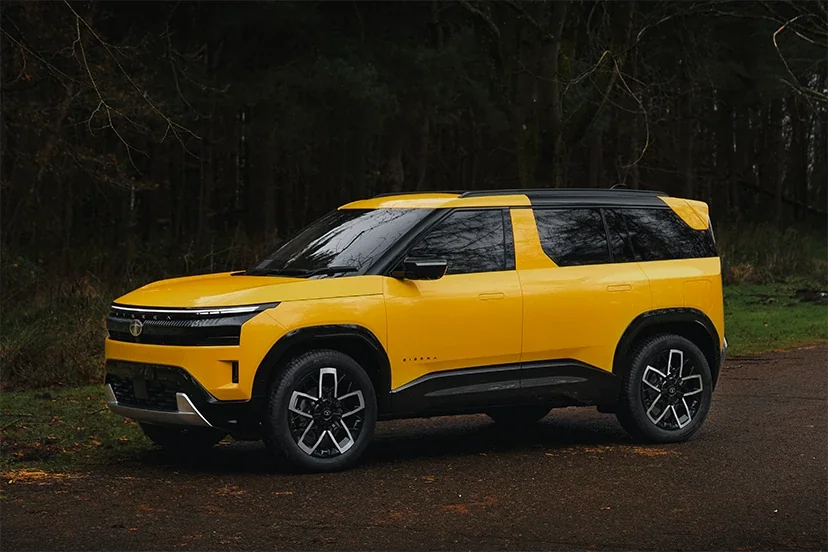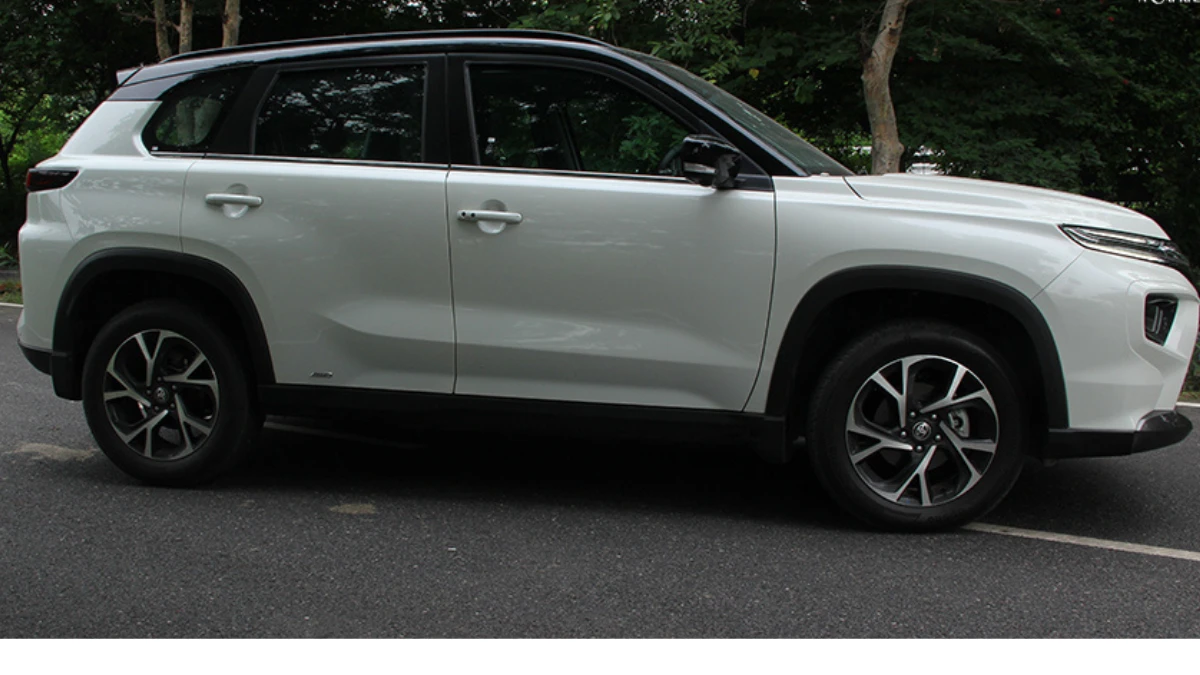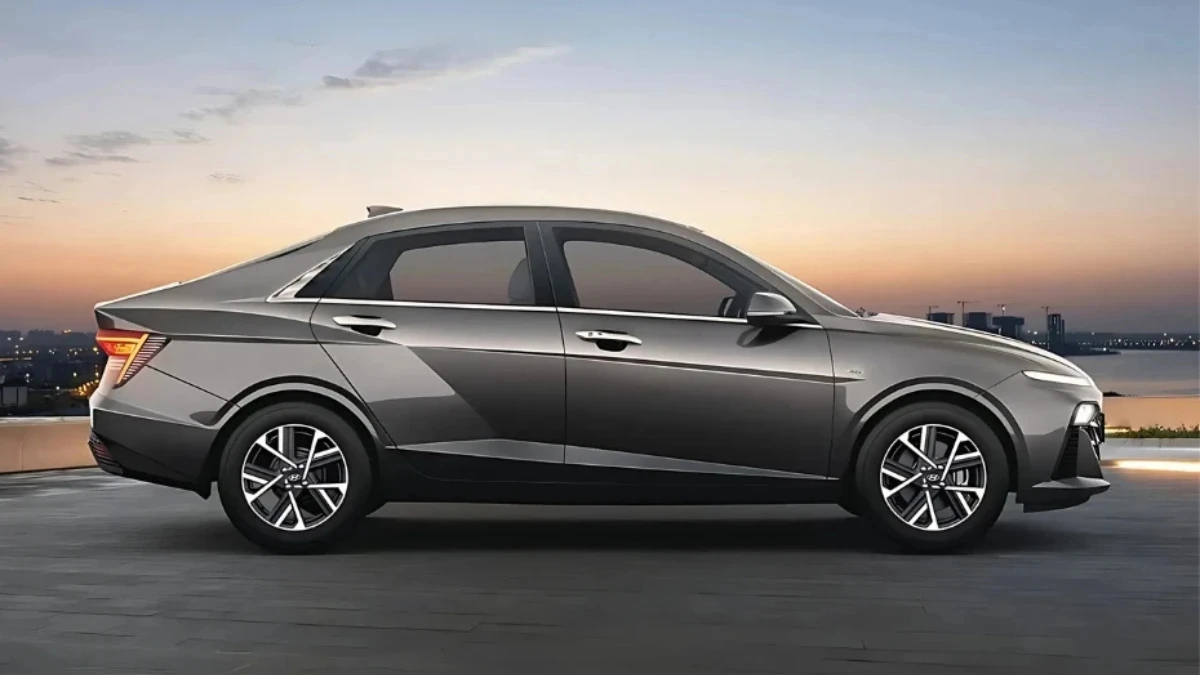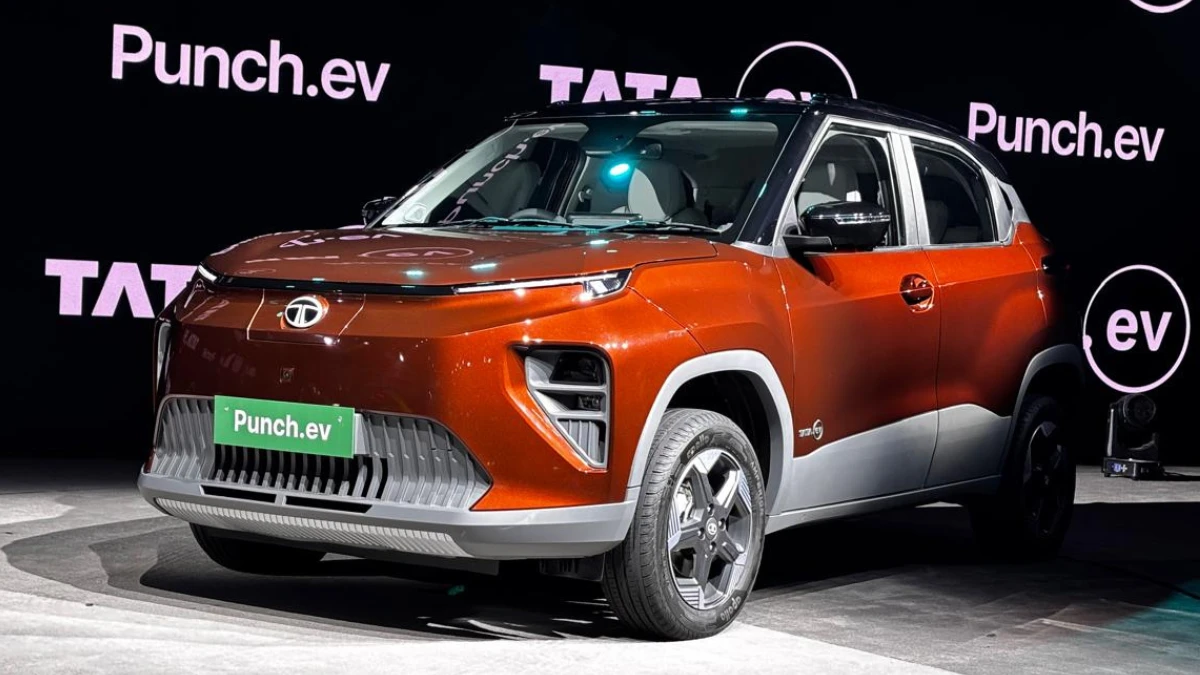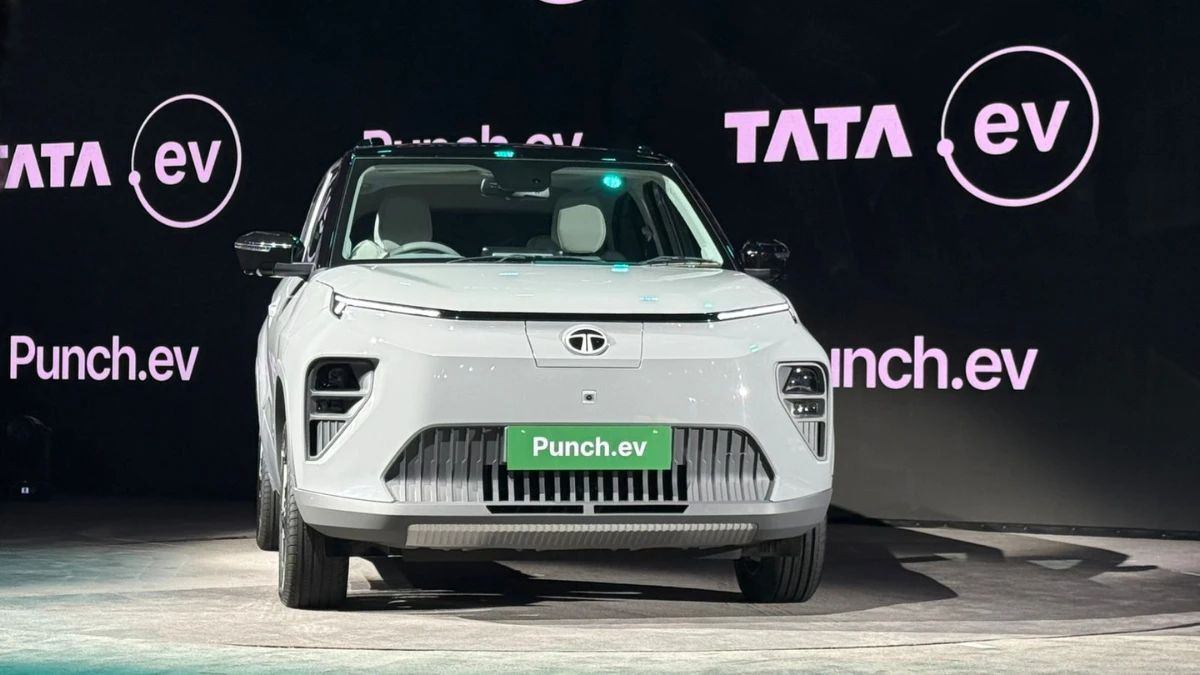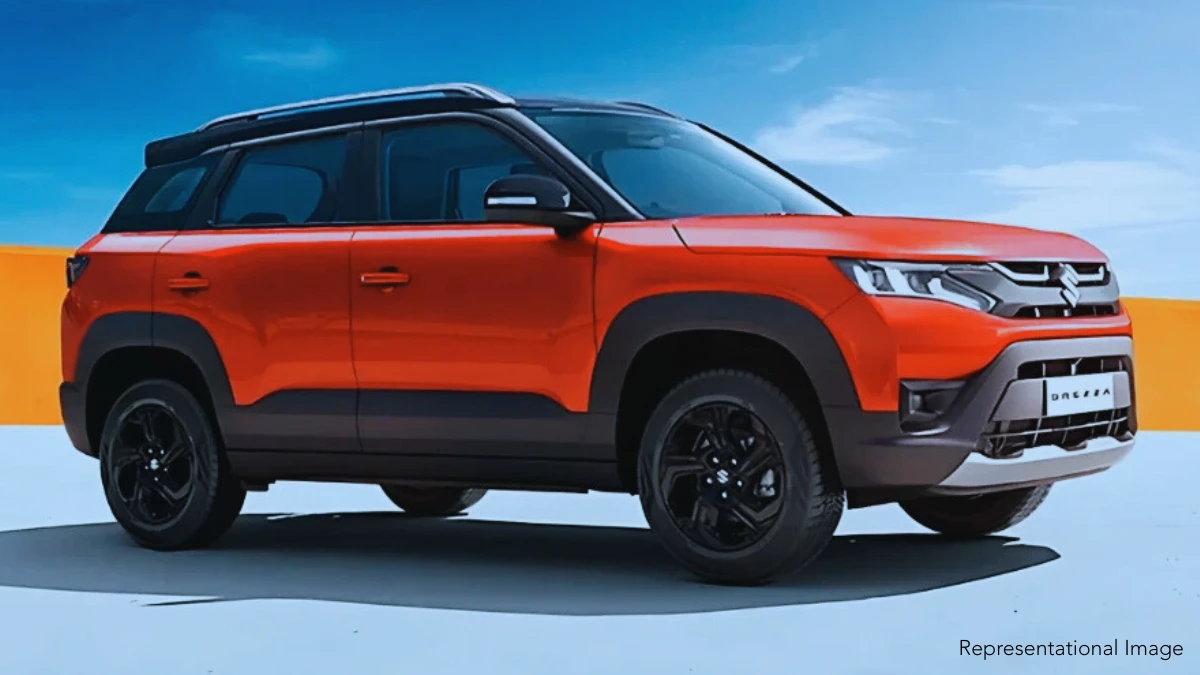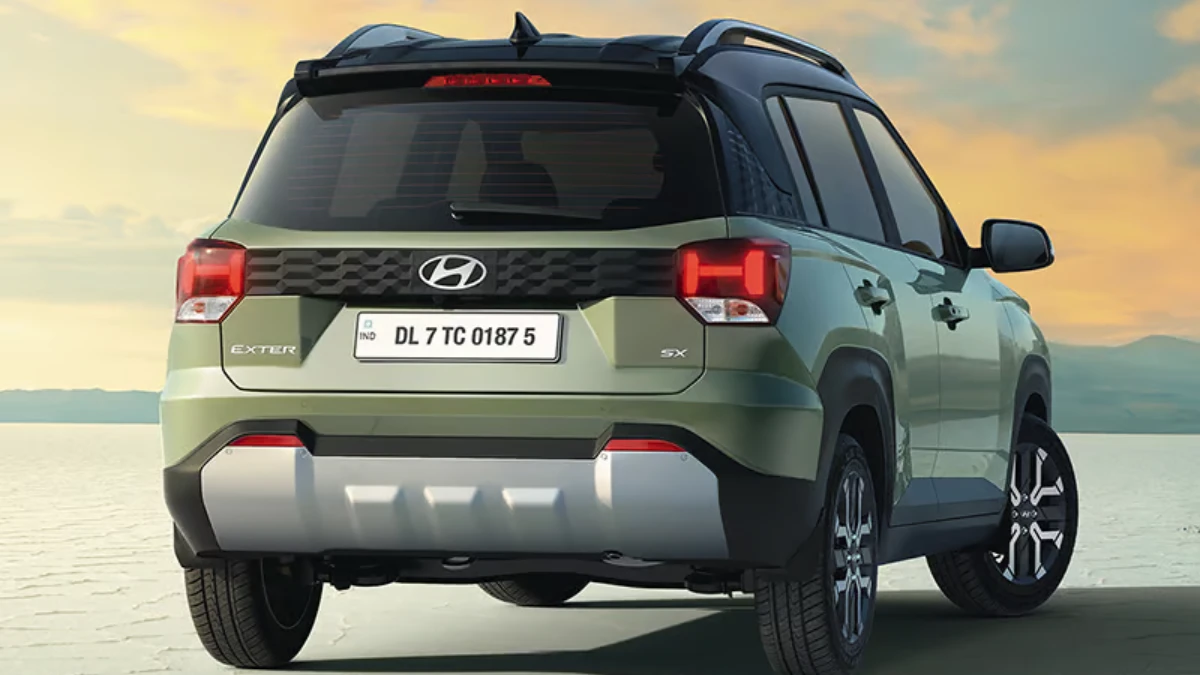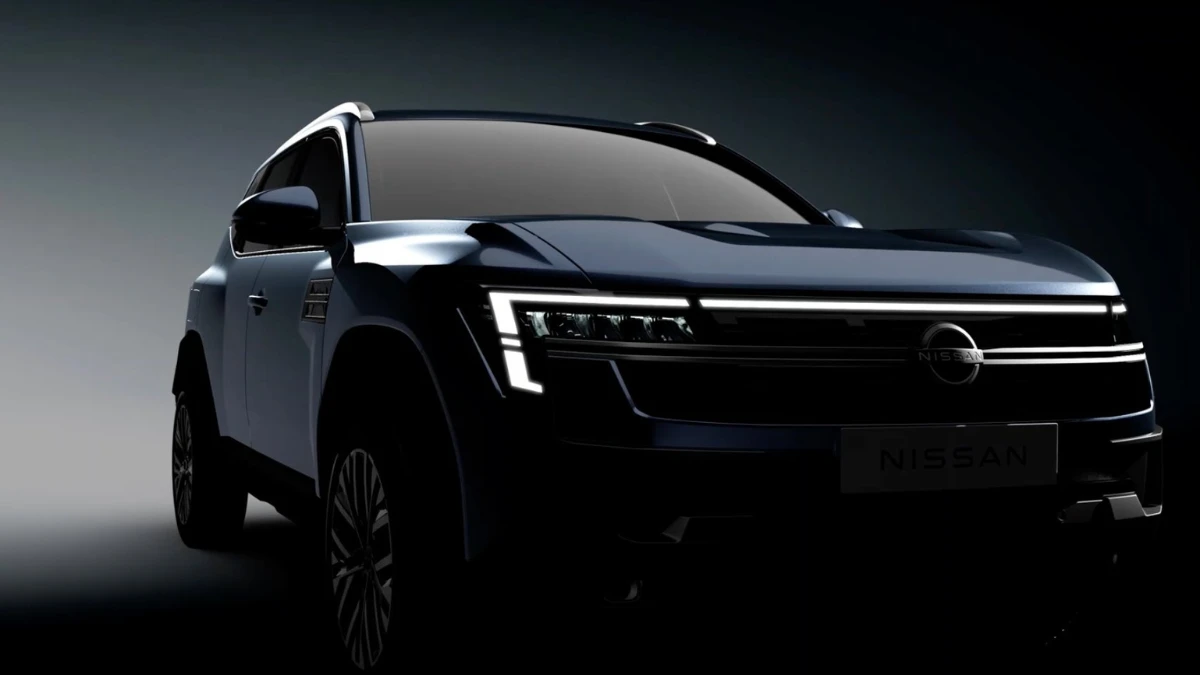
Tesla, the US electric vehicle (EV) giant, has announced its entry into India. With its first store in Mumbai and intentions to launch models such as the Tesla Model 3 and Model S, Tesla is eyeing India's expanding electric vehicle market. But though the opportunity exists, the company might have a number of issues in making a successful entry. Let us discuss in detail some of the major roadblocks Tesla can face in India.
High Import Duties and Pricing
One of the biggest problems for Tesla is high import tariffs on electric vehicles in India. Import tariffs on EVs have come down but are still very high. This makes imported Teslas more expensive. For example, the Tesla Model 3, which is expected to be priced between Rs. 35-40 lakh, will have to face competition from Mercedes-Benz and BMW's luxury vehicles. The Indian masses are cost-conscious, and because of this, it is harder for Tesla to acquire the mass market. Domestic rivals like Tata Motors and Mahindra have electric cars at much lower prices, and this makes it difficult for the path of Tesla to enter the low-cost EV segment.
Lack of Proper Charging Infrastructure
India also lacks a proper charging infrastructure network. The government is attempting to introduce additional charging stations for electric cars, but this lack of modernized infrastructure is yet another obstacle facing Tesla. In order to recharge their batteries, currently there are only 25,000 charging stations in India. In such a large nation as India, this becomes rather inconvenient for motorists to search for a quick charging station. This lack of supply can even discourage prospective owners from purchasing electric vehicles, i.e., electric vehicle starters.
Tesla's success also lies in the way it manages to work with the government and private organizations to establish charging stations in India. This will, however, be investment- and time-consuming, making the challenge of instant adaptation even more difficult.
Domestic Automakers' Competition
Tesla will encounter strong competition from Indian homegrown manufacturers with slugging efficiency. Tata Motors and Mahindra already dominate the EV market in India. They possess numerous electric cars with competitive prices. Tata Nexon EV and Mahindra XUV400, BE 6, or XEV 9e are already best-sellers, and the vehicles are cheaper than Tesla. The domestic manufacturers are also superior in identifying the desires and requirements of Indian consumers and hence are more competitive than Tesla.
Along with this, Indian manufacturers are also heavily investing in the manufacture of sophisticated electric cars, which would be a nightmare for Tesla since it is attempting to establish an entry point in India.
Adapting to Indian Road Conditions
Indian road conditions present a singular challenge to Tesla. Indian roads are predominantly poor quality roads, with potholes and rough surfaces that would be dangerous for low-ground-clearance vehicles. Tesla vehicles have low ground clearance, and though this is best for good smooth roads, it may not be so pleasant driving on bad Indian roads. Making the Tesla vehicles suitable based on Indian road conditions could still drive the cost of production even further up, pricing the cars out of reach.
For Tesla to succeed, it would probably have to spend money and further postpone its plans by investing in reengineering its vehicles to suit local conditions.
Regulatory Hurdles
India's regulatory environment is not easy for foreign firms either. Tesla has already approached the Indian government to reduce import duties and establish local manufacturing facilities, but there are regulatory obstacles still to be overcome. For instance, the government has imposed conditions on foreign firms prior to establishing factories in India in order to import cars at a reduced rate of duty. Tesla also wants to have a local factory but that would demand a huge investment and an approval from the Indian government.
It would require a couple of years to receive necessary permits, comply with regulations, and set up production units and would delay Tesla's availability of relatively priced locally produced vehicles.
Aftersales and Service
The lack of a strong aftersales network is another significant problem for Tesla in India. Though Tesla has begun hiring employees in India who will serve as customer care and service staff, it is not easy to build a strong network of aftersales. In a nation like India where drivers want drivers to keep their cars serviced and repaired in local workshops, there must be quality infrastructure behind the cars being driven by Tesla in India.
Since Tesla's vehicles are technologically advanced and require specialized servicing, a strong service network will be needed to satisfy customers. That will involve investment in training, spares, and outlets, adding another level of complexity to Tesla's entry into India.
Also Read: Ford to Use Chennai Facility for Engine Manufacturing & Exports
About Author
Kritika Dadhich, a skilled writer who seamlessly juggles her roles as a blogger and poet. With a deep love for cars and a talent for storytelling, she brings fresh insights and captivating narratives. Join her on an exciting journey through the world of automobiles.
Top Car Brands in India
Top Car Brands in India
Trending Car News in India
Trending Cars in India
Trusted Dealer
All Over India
Irresistible Offers
Stay Updated, Pay Less
Compare Cars
Choose the Right Car
Easy Finance
Multiple Finance Options

Monday - Saturday
10:00am - 6:30pm
+91 7947722777, +91 7479000444, +91 9311718549
contact@carlelo.com









